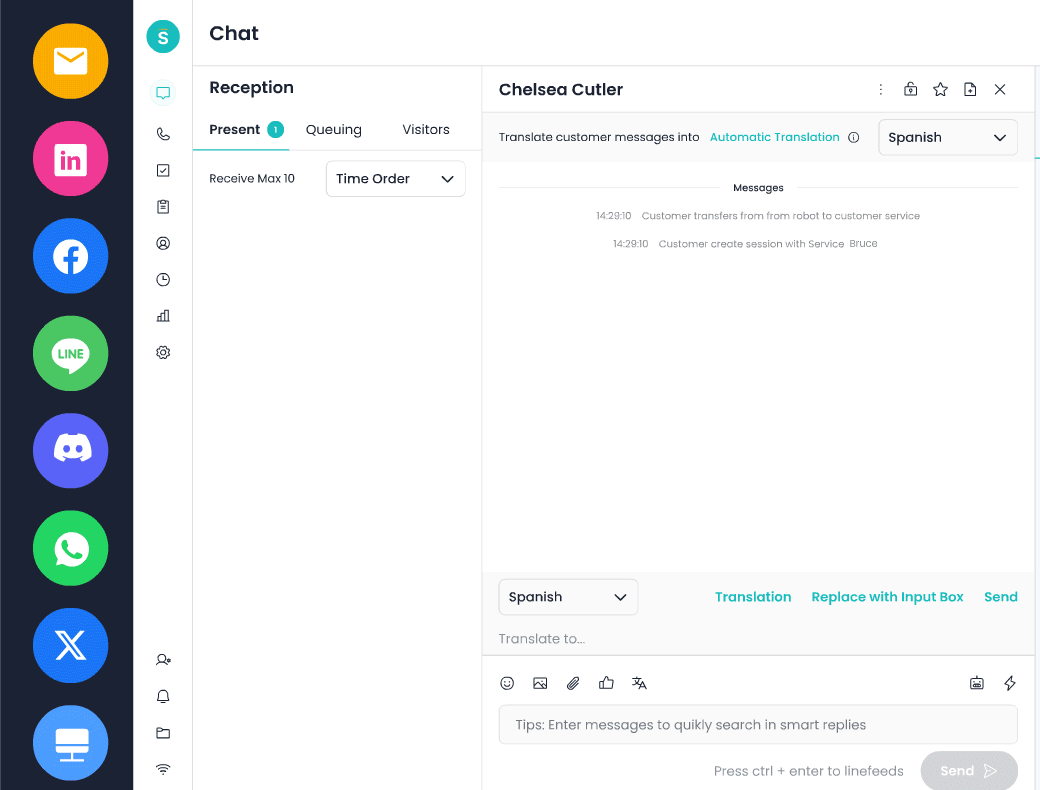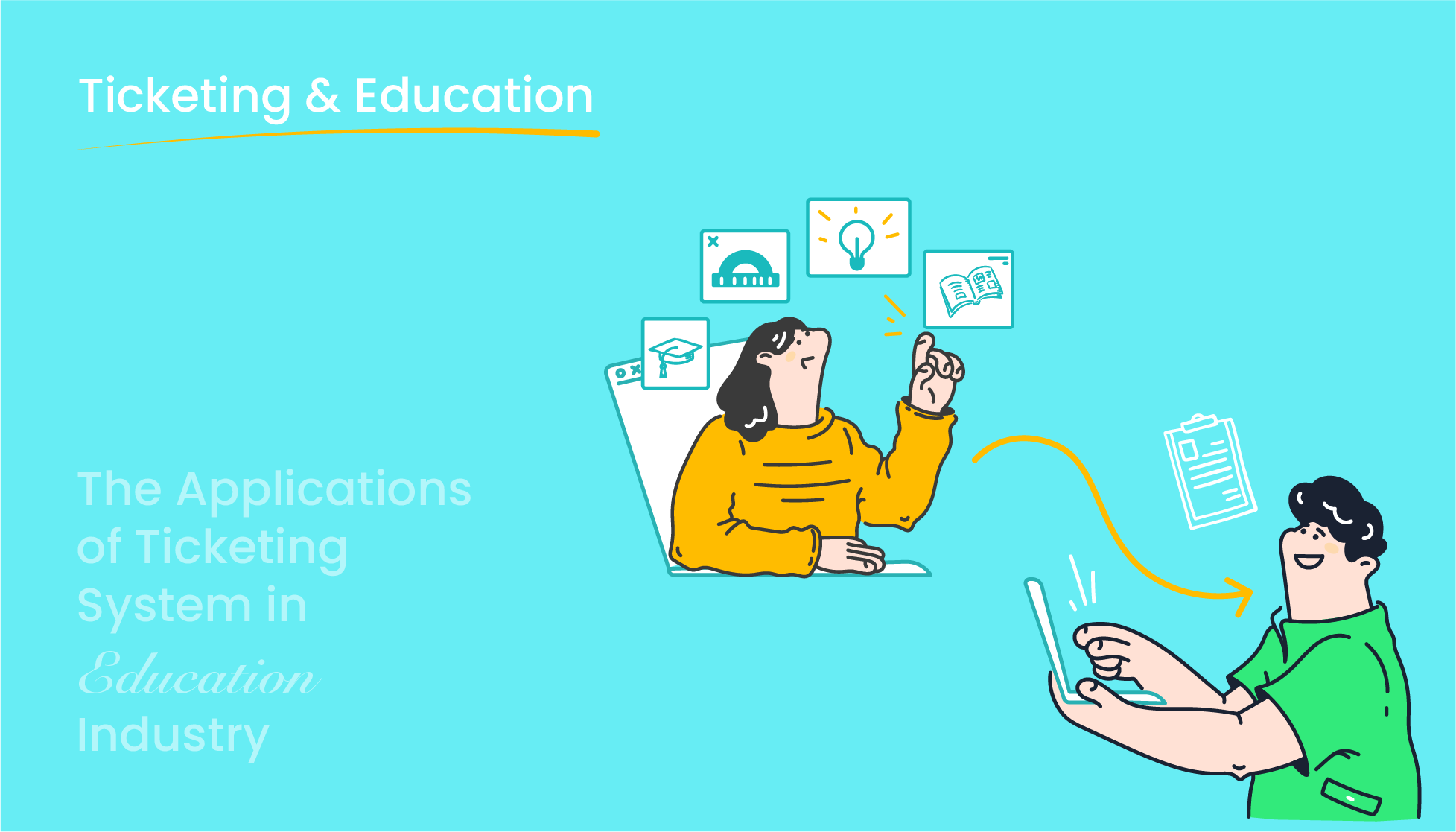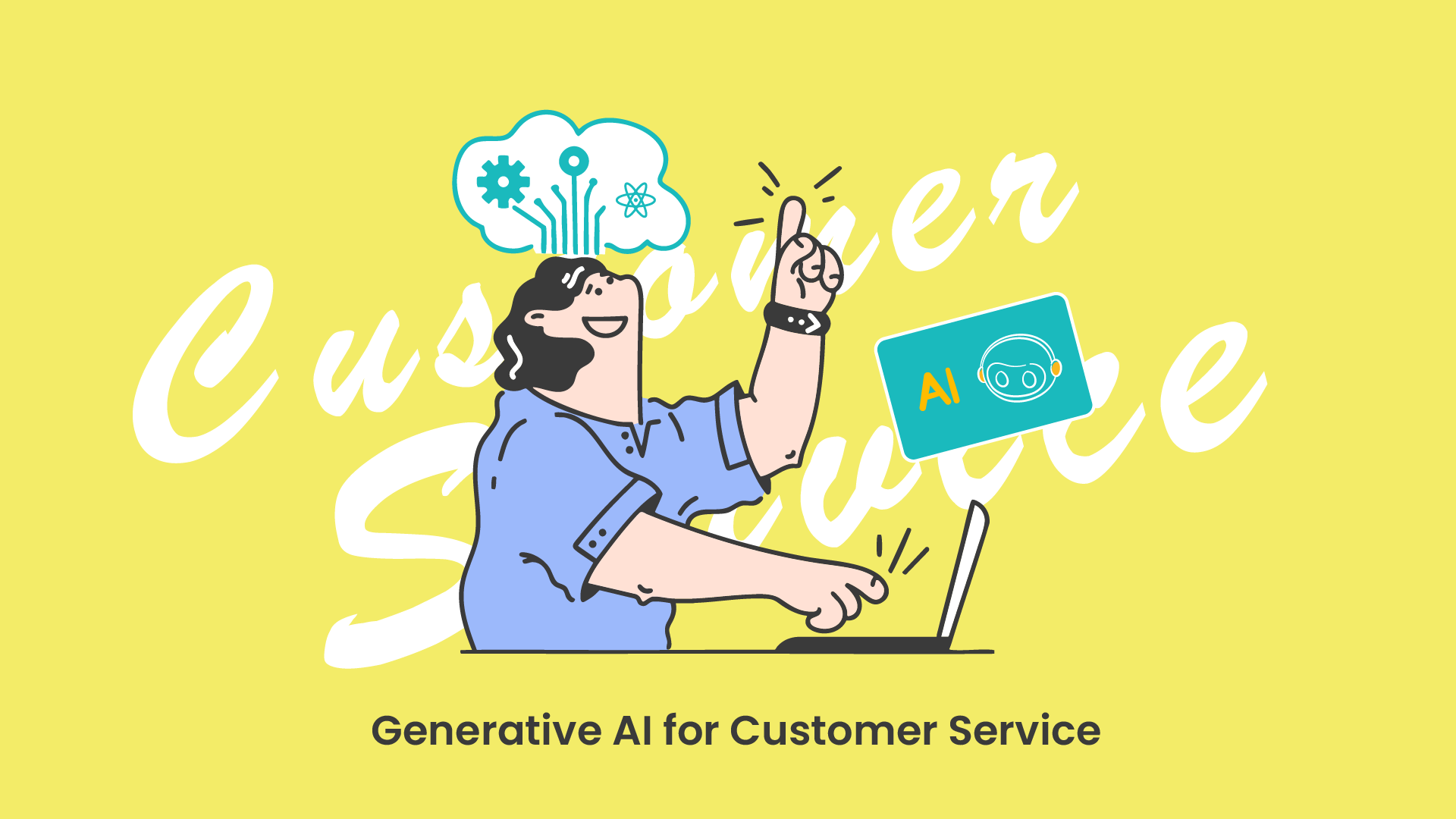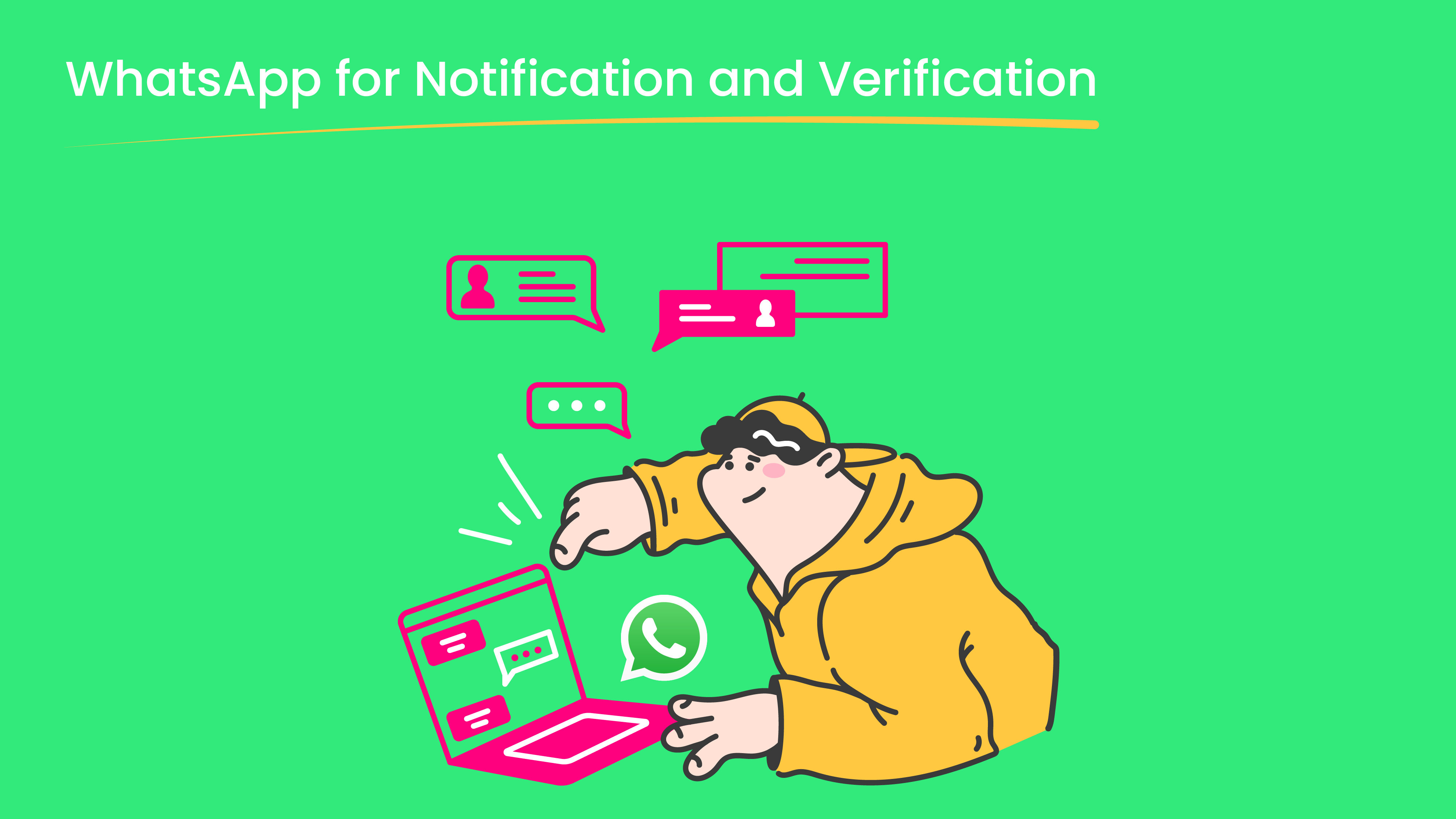The education sector faces a wide range of challenges that stem from outdated administrative processes, communication inefficiencies, and the increasing demand for better service delivery. Schools, colleges, and universities deal with large volumes of requests daily, whether from students needing academic assistance, parents inquiring about tuition fees, or faculty members seeking technical support.
A significant solution to these issues is the implementation of ticketing systems, a tool commonly used in customer service but now increasingly adopted by educational institutions. Ticketing systems allow for the streamlined management of requests and issues, improving communication, reducing administrative workload, and ensuring that tasks are completed efficiently. In this article, we will explore the applications of ticketing systems in the educational context, their benefits, and how they can transform operations in schools, colleges, and universities.
What is a Ticketing System in the Educational Context?
A ticketing system is a software platform that helps manage and organize tasks, queries, and service requests from multiple stakeholders. In an educational setting, these stakeholders include students, parents, teachers, administrative staff, and even alumni.
The functionality of a ticketing system revolves around creating “tickets” for every request or issue. These tickets are then tracked, categorized, and prioritized based on urgency and complexity. Educational institutions face a variety of queries, including academic (grades, class schedules), administrative (admissions, tuition), and technical (e-learning platforms, software issues). By automating these processes, ticketing systems provide educational institutions with a more structured and organized approach to resolving inquiries.
Ticketing systems streamline the flow of information, allowing students, staff, and parents to raise concerns and receive timely responses. They foster transparency by providing real-time updates on the progress of each request and ensure that no issue slips through the cracks.
Core Applications of Ticketing Systems in Education
Streamlining Student and Parent Communication
One of the most critical challenges educational institutions face is ensuring clear and consistent communication between students, parents, teachers, and administrative staff. A ticketing system serves as a centralized platform where students and parents can submit their queries. For example, a parent might inquire about their child’s academic progress or ask for details about an upcoming event. With a ticketing system, these queries are easily categorized and assigned to the relevant department, ensuring a faster response time.
In addition to providing real-time updates on the status of their queries, the system also improves transparency. Parents and students no longer need to call or email repeatedly, as they can track their tickets’ progress through the system, fostering a sense of accountability.
Managing Administrative Tasks
Administrative overload is another pressing issue for many educational institutions. From handling student enrollment to class scheduling, administrative tasks can become overwhelming, especially in large institutions. A ticketing system helps to streamline these processes by automating tasks such as form submissions, approvals, and data entry.
For example, when students apply for enrollment, a ticketing system can automatically route the application to the correct department, triggering a workflow that ensures the application is reviewed, processed, and approved in a timely manner. Similarly, class schedules, exam registrations, and student transfers can be managed efficiently, reducing the burden on administrative staff.
Technical Support for Educational Technology
In today’s digital-first learning environments, technology plays a crucial role in education. From virtual classrooms to learning management systems (LMS), educational institutions rely heavily on technology to deliver learning outcomes. However, tech-related issues can arise, disrupting the educational experience.
A ticketing system helps manage and resolve these technical issues by automating ticket assignment and prioritization based on the severity of the problem. Whether a student cannot access a learning platform or a teacher faces issues with grading software, tickets can be routed to the appropriate IT support personnel for swift resolution.
Non-Academic Support and Campus Services
In addition to academic and technical queries, ticketing systems can be used to handle non-academic support requests, such as facility management, event registrations, and campus services. For instance, students may need to reserve rooms for club meetings or inquire about dormitory maintenance. A ticketing system allows these requests to be submitted, tracked, and resolved efficiently.
A recent Educause study found that most students – specifically, 63% – are eager to receive personalized support for their academic and administrative inquiries.
Additionally, ticketing systems can be used for organizing and managing school events, extracurricular activities, and field trips. Teachers or administrative staff can submit requests for event resources, and tickets can be prioritized based on deadlines, ensuring timely preparation for these activities.
Benefits of Implementing Ticketing Systems in Education
Enhanced Efficiency in Task Management
One of the primary benefits of ticketing systems is their ability to categorize and prioritize tickets automatically. Tickets can be classified based on the type of issue, the urgency of the request, or the department responsible for resolving it. This reduces the administrative workload and ensures that the most pressing issues are addressed first. With fewer manual tasks, educational institutions can focus on delivering better service to students and staff.
Improved Communication and Transparency
By centralizing communication in one platform, ticketing systems ensure that all stakeholders have access to clear, timely updates. Students, staff, and parents can easily track the progress of their requests, fostering a transparent environment. Teachers no longer need to manually chase after responses, as updates are readily available through the system. This transparency improves trust and accountability within the institution.
24/7 Access to Support
Ticketing systems also provide self-service portals that allow users to resolve common queries on their own. These portals often include FAQs and knowledge bases that students and staff can access anytime. If they cannot find a solution, they can still submit a ticket at any time of day, allowing for 24/7 access to support. This flexibility improves user satisfaction, as they are not limited to office hours for submitting inquiries.
Data-Driven Decision Making
The data collected from tickets can be invaluable for educational institutions. By analyzing trends in student and parent concerns, institutions can identify recurring issues and make informed decisions to improve service delivery. For example, if multiple students submit tickets related to a specific online course, it might indicate a systemic issue with that course’s platform. Institutions can then address these issues before they escalate.
Advanced Features Tailored for Educational Institutions
Automation and Workflow Integration
Ticketing systems tailored for educational institutions often come equipped with automation features that help streamline processes. For example, tasks can be automatically assigned to different departments based on the type of request. Workflow integration with other campus management systems (such as student information systems or HR software) further enhances efficiency by ensuring that tasks are completed in the correct order.
For instance, when a student submits a request for a transcript, the ticketing system can trigger a workflow that notifies the registrar’s office, checks for outstanding fees, and processes the transcript request without manual intervention.
Security and Compliance
Security is a top concern for educational institutions, especially when dealing with sensitive student and faculty information. Ticketing systems designed for education must comply with data protection laws such as FERPA (Family Educational Rights and Privacy Act) in the United States or GDPR (General Data Protection Regulation) in Europe. These systems ensure that only authorized personnel have access to sensitive data, and they provide audit trails to maintain accountability.
In 2022, SOPHOS found that nearly 47% of educational institutions faced cyber security threats that required immediate action, often handled through internal support ticketing systems. Efficient ticketing processes can help manage such incidents by prioritizing security-related tickets and ensuring timely resolution to avoid costly outcomes like ransom payments.
Scalability for Institutions of All Sizes
Whether it’s a small school or a large university with multiple campuses, ticketing systems can be scaled to meet the needs of any institution. They offer customizable features that allow institutions to tailor the platform to their unique requirements. For example, smaller schools might focus on academic and administrative requests, while larger universities may need to handle more complex queries related to research grants or international admissions.
Real-World Examples of Ticketing Systems in Education
Managing IT Support in Higher Education
Universities, especially those with large student populations, rely heavily on IT support for everything from virtual classrooms to online examinations. Many institutions have implemented ticketing systems to manage the flood of technical support requests that arise. For example, the University of Oxford implemented a ticketing system that allows students and staff to quickly resolve tech-related issues, improving the overall learning experience.
K-12 Schools and Administrative Streamlining
In K-12 schools, ticketing systems are often used to handle administrative processes such as parent-teacher communication, enrollment inquiries, and event management. For instance, the Hamilton County School District in Tennessee implemented a ticketing system to centralize its administrative processes, reducing the time it took to process parent requests and enhancing the overall efficiency of school operations.
How Sobot Revolutionizes Ticketing Systems in Education
AI-Driven Automation and Workflow Efficiency
Sobot’s AI capabilities allow educational institutions to automate repetitive tasks such as categorizing and prioritizing tickets. This automation improves the efficiency of administrative staff and reduces the time spent on routine tasks.
According to a survey by Forbes Advisor in October 2023, over half of the teachers reported that AI positively impacts the teaching and learning process. Furthermore, 60% of educators have begun integrating AI into their classrooms to enhance student understanding.
Source “Forbes Advisor”
Omnichannel Communication for Seamless Support
Sobot integrates multiple communication channels into a single platform, allowing students, parents, and staff to submit requests via email, chat, or phone. This omnichannel approach ensures that queries are addressed more efficiently, regardless of the medium.
Customizable Self-Service and Data-Driven Insights
Sobot also offers customizable self-service portals and knowledge bases that allow users to resolve issues independently. Additionally, its advanced reporting tools help educational institutions track ticket trends and improve service delivery through data-driven insights.
Conclusion
The future of education lies in digital transformation, and ticketing systems play a critical role in this evolution. By streamlining communication, automating administrative tasks, and providing data-driven insights, ticketing systems enhance operational efficiency and improve the overall student experience. As educational institutions continue to embrace these technologies, the long-term benefits will be undeniable: smoother operations, better communication, and a more satisfied student body.







